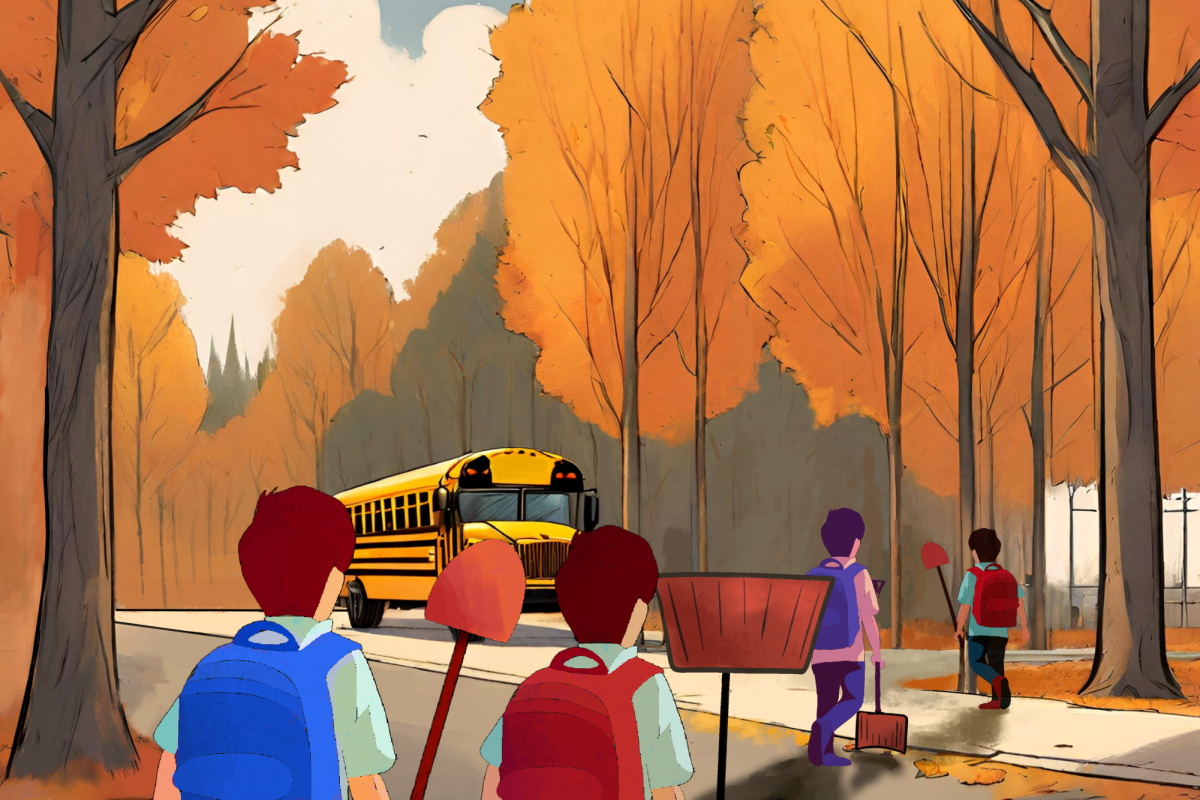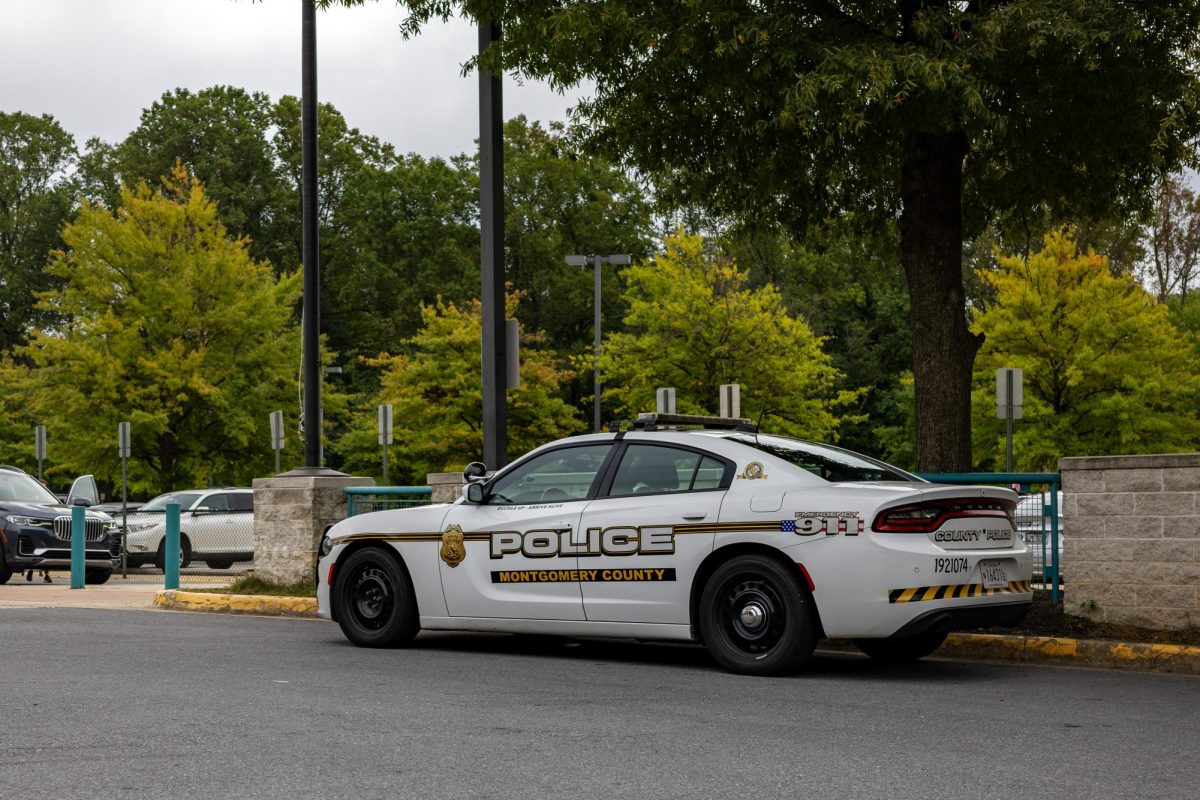Maryland students of all ages will now learn about the environment in most of their classes as a result of a policy the Maryland Board of Education passed Sept. 22 that requires teachers to incorporate environmental education into their curriculum.
Depending on how the county decides to implement the new program, students could learn about the history of environmental justice in their social studies class and do more hands-on labs in biology class.
MCPS supports the policy because officials said school can play a large role in making society more aware of the importance of preserving the environment.
“With so much time on cell phones and computers, we have become inside people, and we need to get out and embrace the natural world,” said Laurie Jenkins, the MCPS supervisor of outdoor education.
The Maryland No Child Left Inside Coalition, whose goal is to reconnect students with nature, lobbied the BOE to pass the new regulation.
The coalition argued that environmental literacy should be a graduation requirement, arguing that having a requirement would give counties clear and concrete expectations as they begin implementation of the policy.
“We will be passing on complicated environmental problems to future generations,” NCLIC coordinator Julie Dieguez said. “We must give students a solid understanding of them.”
Environmental education will also become part of some social studies and health classes through topics such as healthy living, Jenkins said.
Because most teachers can easily find ways to incorporate the environment into their lessons, the legislation will not require Whitman to change its policies significantly, said science resource teacher Donald DeMember.
“I probably use more environmental examples when teaching chemistry than I did five or six years ago,” he said. “Just last week I talked about the oil spill in the Gulf when I was teaching about hydrocarbons.”







